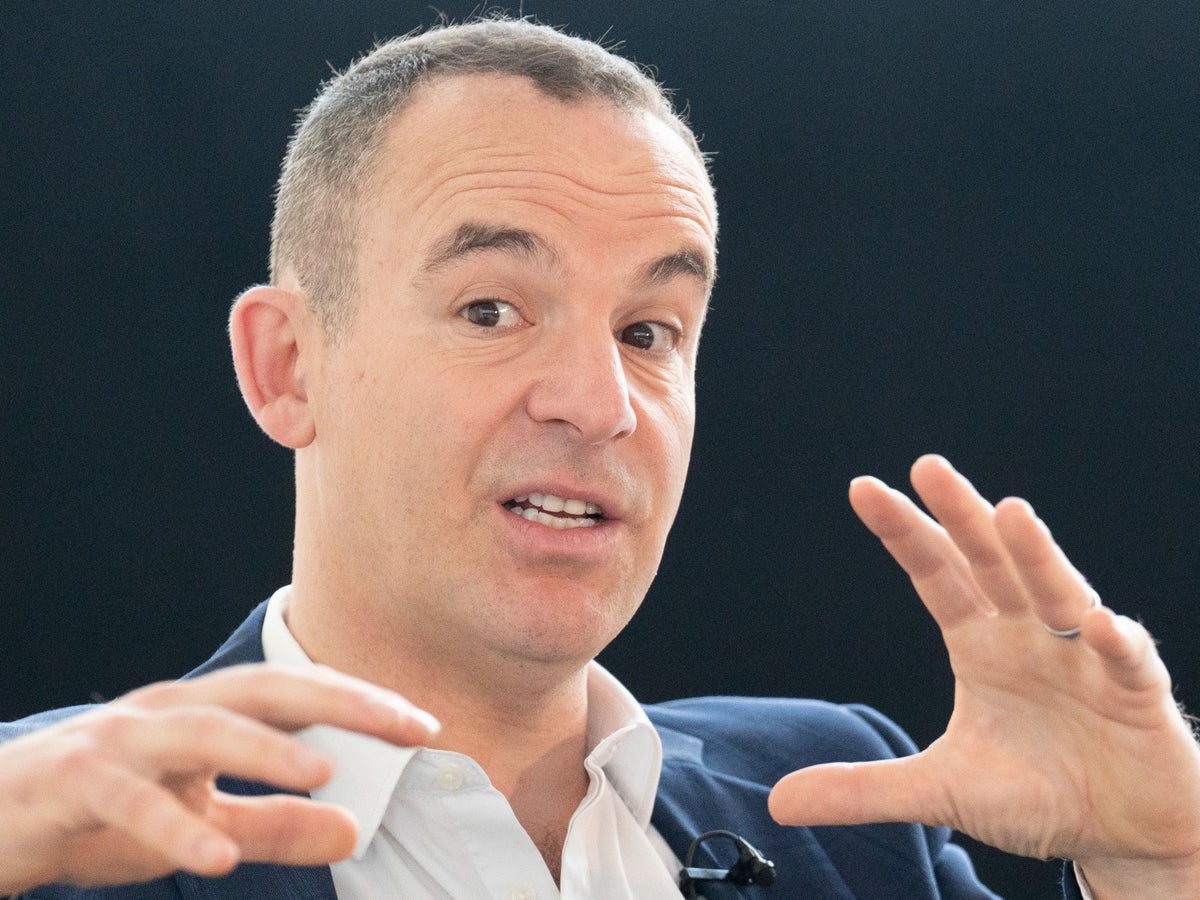
Personal finance guru Martin Lewis has urged people in the UK to take steps to shore up their savings ahead of the Bank of England’s looming interest rates announcement.
In what would represent the 12th consecutive hike, the UK’s central bank is expected to push its base interest rate up by a further 0.25 points – to a 14-year high of 4.5 per cent.
As a result, the savings rates offered by banks are also at their highest since the financial crisis.
Despite the potential returns, the MoneySavingExpert founder warns that millions of people still have money in savings and cash ISAs which are “earning far less than 1 per cent – with banks taking advantage of customer inertia”.
Given the speed at which rates have changed in recent months as the Bank of England seeks to tame the starkest levels of inflation in four decades, those who switch to savings accounts with the new and far higher rates “may be able to get quintuple the interest in minutes”, Mr Lewis said.
The best fixed savings deals now offer nearly 5 per cent interest, while easy-access accounts boast close to 4 per cent and the cash ISA versions of each pay slightly less, Mr Lewis told readers of his weekly newsletter.
Easy-access deals allow savers to withdraw their money at any time, while fixed deals – also known as savings bonds – lock customers’ money into the account for a certain period.
“Of course in reality, with inflation at over 10 per cent, all savings are currently losings, as your money’s purchasing power is shrinking,” Mr Lewis wrote.
“But that’s why it is so important to maximise every penny of interest, to mitigate the loss. Yet so many people are failing to do this.”
Asked whether it was worth entering a fixed deal now or waiting to see whether they went higher still, Mr Lewis said that the past few Bank of England announcements had sparked little to no movement among banks offering fixed deals – which tend to be based more on predictions of future rates.
“In fact, as the City prediction for interest rates this time next year has now dropped to 4.3 per cent, there's actually also a risk fix rates may drop relatively soon,” he said.
Mr Lewis added: “It’s worth noting that the top easy-access accounts have closed the gap on the top fixed deals. Whereas back in November fixes paid nearly double easy-access, now it’s just a third more.
“This likely indicates that the City feels interest rates are peaking - as while top easy-access rates tend to move more with current UK rates, fixes look to future rates. The closing gap may indicate alignment.”







